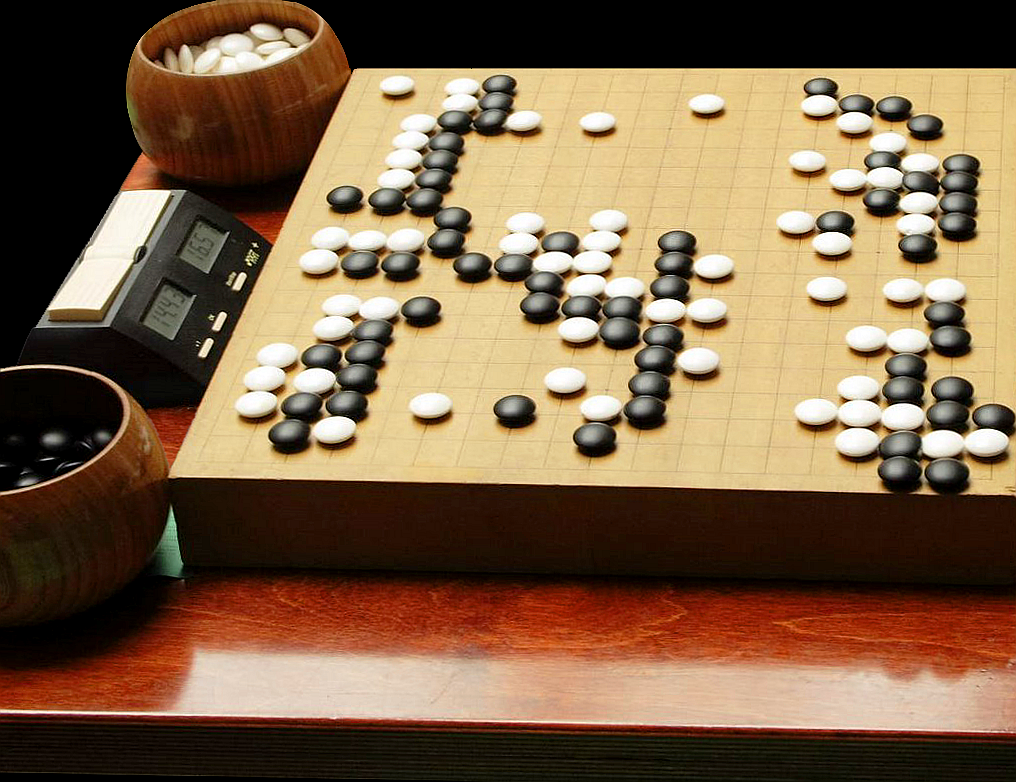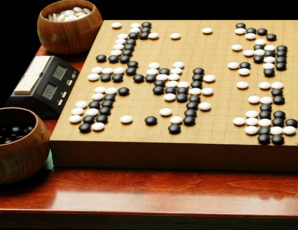Go is popular in Southeast Asia and, according to various estimates, was invented by 2000-5000 years ago. Just like in chess or checkers, there is a board area, where the pieces (stones) move. The goal is to win the enemy’s territory. Number of possible moves in this game is huge, so players have to rely on intuition, natural to human beings. Chess grandmasters do not always play assessing all the options. However, a computer can assess the moves from a mathematical point of view only. Back in 1997, Deep Blue was able to beat Garry Kasparov thanks to its foresight of all the possible moves.
Now, DeepThought company affiliated with Google, has developed AlphaGo program capable of acting like a man - intuitively. In fact, we gradually begin to give the robots way not only in mechanical calculations, carried out with the help of tools since ancient times were, but also in those areas that have always been available only to the human mind.
AlphaGo can be modified for almost any game that requires intuitive approach. DeepThought is already saying that the computer strategy game Starcraft 2 can become their next goal. It is based on the principle of lack of knowledge about the enemy’s actions, as most of the card is hidden under so-called fog of war. The player can try to understand what the enemy is up to, or blindly choose the most appropriate strategy in the manual mode, relying on intuition.
The Watson computer, developed by the IBM, have already proved that the machine can make the right decisions even when the amount of information available is limited, and the question is formulated clearly enough. AlphaGo is only elaborating this idea, what make think about what fundamentally separates us from machines, and what problems we will be charging them with in the future.
Having beaten AlphaGo, Lee Sedol said that this is one of the most important victories in his life. He believes that the program is good, yet not perfect. The developers said that they will take into account the errors and correct the code accordingly. The question is whether we will manage to create a perfect program, or a person will always have a chance to get out of the battle victorious. Lee Sedol, who devoted his life to a single game to get a ninth dan and climb to second place in the world rankings, hopes that the ideal machine is a fantasy, not reality. And to some extent, we can understand him.
source: wired.com
Now, DeepThought company affiliated with Google, has developed AlphaGo program capable of acting like a man - intuitively. In fact, we gradually begin to give the robots way not only in mechanical calculations, carried out with the help of tools since ancient times were, but also in those areas that have always been available only to the human mind.
AlphaGo can be modified for almost any game that requires intuitive approach. DeepThought is already saying that the computer strategy game Starcraft 2 can become their next goal. It is based on the principle of lack of knowledge about the enemy’s actions, as most of the card is hidden under so-called fog of war. The player can try to understand what the enemy is up to, or blindly choose the most appropriate strategy in the manual mode, relying on intuition.
The Watson computer, developed by the IBM, have already proved that the machine can make the right decisions even when the amount of information available is limited, and the question is formulated clearly enough. AlphaGo is only elaborating this idea, what make think about what fundamentally separates us from machines, and what problems we will be charging them with in the future.
Having beaten AlphaGo, Lee Sedol said that this is one of the most important victories in his life. He believes that the program is good, yet not perfect. The developers said that they will take into account the errors and correct the code accordingly. The question is whether we will manage to create a perfect program, or a person will always have a chance to get out of the battle victorious. Lee Sedol, who devoted his life to a single game to get a ninth dan and climb to second place in the world rankings, hopes that the ideal machine is a fantasy, not reality. And to some extent, we can understand him.
source: wired.com






